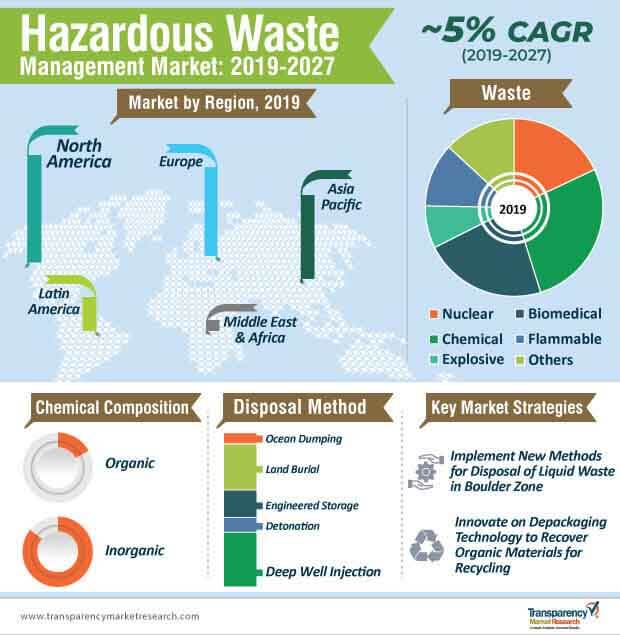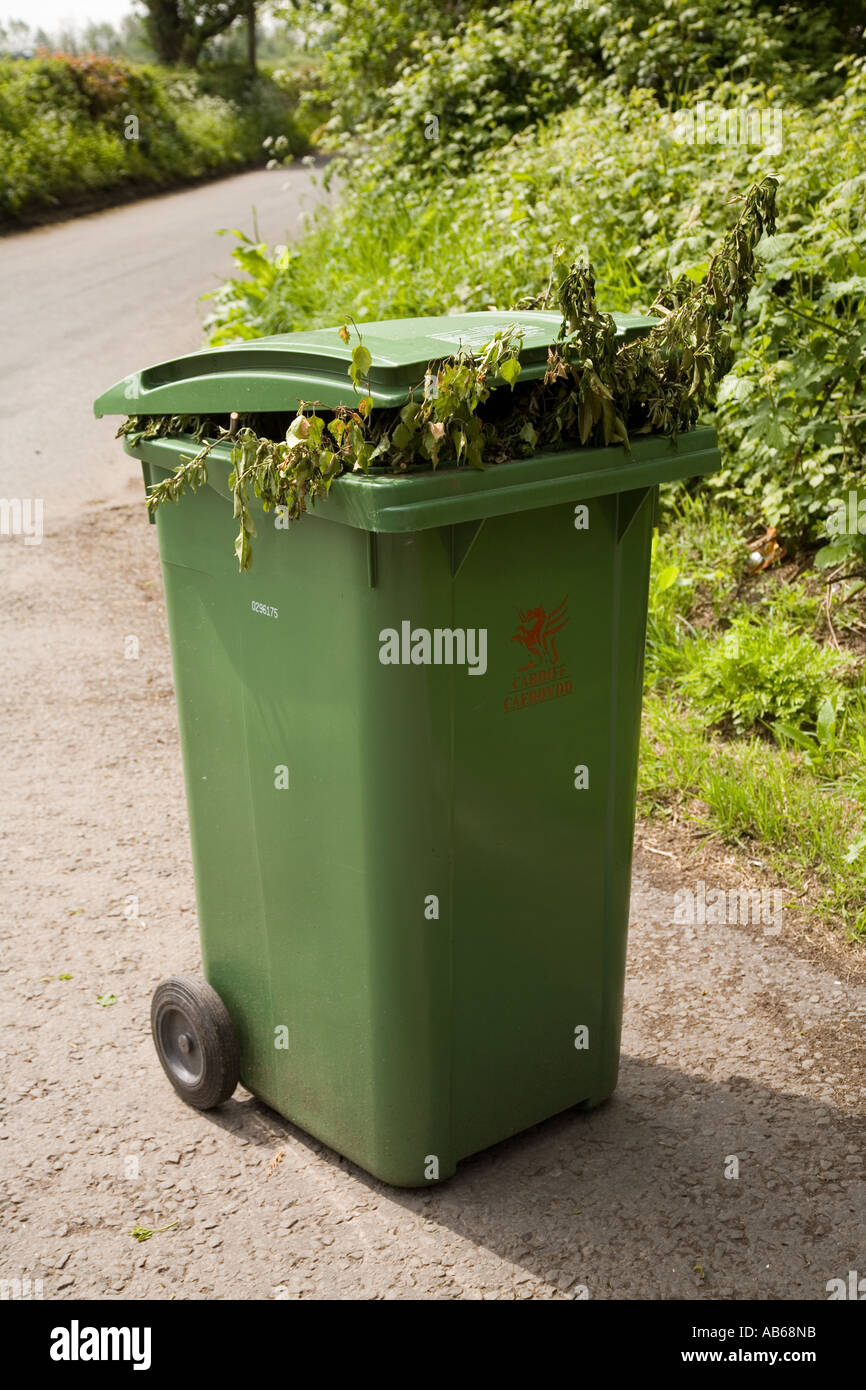The Ultimate Guide To Hazardous Waste Branch


Learn the Basics of Hazardous Waste - US EPA

Cambridge Household Hazardous Waste Collection Day Saturday April 3 - City of Cambridge, MA
More About Hazardous Waste - SUNY Stony Brook Environmental Health

, the collection, treatment, and disposal of waste product that, when improperly managed, can trigger considerable harm to human health and security or to the environment. Hazardous wastes can take the kind of solids, liquids, sludges, or contained gases, and they are produced mainly by chemical production, manufacturing, and other industrial activities.
Improper hazardous-waste storage or disposal regularly contaminates surface water and groundwater supplies as hazardous water pollution and can also provide harmful land pollution. Individuals residing in homes built near old and abandoned garbage disposal websites may remain in an especially vulnerable position. In an effort to remedy existing problems and to avoid future harm from hazardous wastes, governments carefully regulate the practice of hazardous-waste management.

Hazardous Waste Management Market Size, Share & Forecast to 2025
UCI Environmental Health & Safety Fundamentals Explained
These properties create products that are either hazardous, reactive, ignitable, destructive, transmittable, or radioactive. Harmful wastes are toxins, even in very small or trace quantities. They may have severe effects, causing death or violent health problem, or they might have persistent impacts, slowly triggering irreparable damage. Some are carcinogenic, triggering cancer after lots of years of direct exposure.
Reactive wastes are chemically unstable and respond strongly with air or water. They cause explosions or form poisonous vapours. Ignitable wastes burn at relatively low temperature levels and may trigger an immediate fire threat. Destructive wastes include strong acidic or alkaline substances. They ruin strong material and living tissue upon contact, by chemical response.
The Ultimate Guide To Metro Central: Garbage, recycling, hazardous waste disposal
Radioactive wastes produce ionizing energy that can hurt living organisms. Because some radioactive products can continue the environment for lots of countless years prior to fully decomposing, there is much concern over the control of these wastes. Nevertheless, the handling and disposal of radioactive material is not a duty of regional local government.
Contaminated Materials Management Program The Vermont Hazardous Waste Management Program controls the generation, transport, storage, treatment, recycling and disposal of dangerous waste, used oil, and universal harmful waste. ACTenviro , which is licensed by the US EPA to be executed in lieu of the federal hazardous waste program, maintains the VHWMR.
